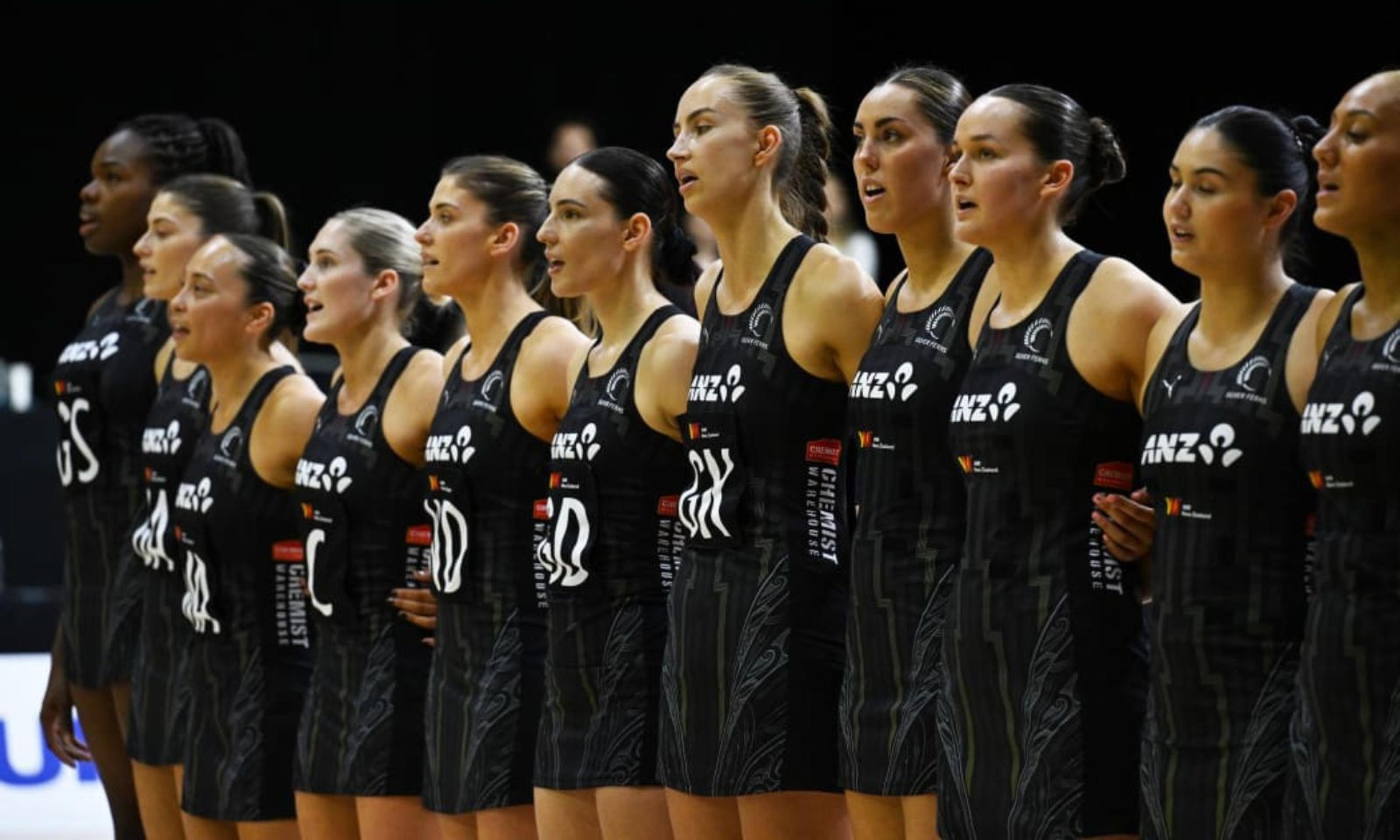

There are concerning differences between the KiwiSaver contributions of men and women.
Photo/supplied
KiwiSaver balance inequalities outpacing gender pay gap, research reveals
A fund manager suggests the Government make the scheme compulsory to address concerning differences between contributions of men and women.


Fiji’s former Prime Minister and police chief charged with inciting mutiny

Immigration reassesses toddler's declined visa request as Children's Commissioner steps in



Fiji’s former Prime Minister and police chief charged with inciting mutiny

Immigration reassesses toddler's declined visa request as Children's Commissioner steps in

The gender pay gap is widening in KiwiSaver contributions across all ages, research from Te Ara Ahunga Ora, The Retirement Commission, has revealed.
The study found that Māori and Pacific people are saving “significantly less” in their KiwiSaver accounts than other ethnic groups.
But a non-profit KiwiSaver fund manager says making the scheme compulsory is one way of closing that gap.
Sam Stubbs, the founder of Simplicity, said the Government should also ensure KiwiSaver managers are educating their members so that “when you're first introduced, like if you have any community that comes in, Pasifika, immigrant, as soon as you're first introduced to KiwiSaver, you really should be educated about it, right?
“You should understand how good it is, how powerful it is, how it could help you buy your first home.”
Watch Sam Stubbs' interview below.
The analysis was carried out by the Auckland University of Technology's New Zealand Policy Research Institute, which looked at new data from Statistics New Zealand that was only available to the researchers from April 2019.
AUT Professor Gail Pacheco said the gender pay gap has driven a 36 per cent difference between the average contributions by men and women each year.
She told 531pi’s Pacific Mornings the study focused on ethnicity for the first time.
“Our research looked at KiwiSaver contributions about the employee and employer, made by workers through payroll contributions and how much both the contribution amounts and the rates differ by both demographic and socioeconomic characteristics.
“We found that on average, employee contribution rates were quite similar across ethnic groups, but the contribution amounts were vastly different. For example, there was a 30 per cent contribution gap between Pacific people and their European counterparts.
“And then the Pacific pay gap is around 23 per cent. So that's showing that it's largely differences in pay level that are driving these results rather than any differences in contribution rates.”
The average employee contribution from men is 33 per cent higher ($2886) than those of women ($2160), according to the research.
The average employer contributions for men were 39 per cent higher than those for women, $2328 compared to $1673.
Pacheco said men and women contributed the same percentage of their salaries, but wāhine were disadvantaged by working part-time and taking greater unpaid care responsibilities.
From July, the Government will make a 3 per cent contribution to KiwiSaver for those who are on paid parental leave, provided they contribute, she said.
“This recognises that women are more likely to take time out of work to have children, and this time out contributes to that gender contribution gap. So this is a way of helping bridge that gap.
“There are clear gender differences, even when you don't look at ethnicity. Women have lower average employee and employer KiwiSaver contribution amounts than men and again we see this is primarily driven by the gender pay gap rather than any differences in contribution rates and of course this is going to have a compounding effect for Pacific women.
Watch Gail Pacheco's interview below.
“When you're looking at Māori and Pacific workers, there are no real significant differences in terms of signing up to KiwiSaver. The differences in contribution amounts are largely reflecting pay inequities.”
The researchers also found that Māori have the second highest average employee contribution rate of the ethnic groups despite having the lowest average income.
Pacheco said tackling the ethnicity and gender pay gaps is key because “this will feed through to higher KiwiSaver contribution amounts for both women, for Māori and Pacific workers”.
The $4 billion Simplicity fund gives 15 per cent of its fees to charity, Stubbs said.
“Until people understand KiwiSaver, you know if they sign up and they say 'hey listen you could opt out of it', and that gives you a little bit more money each week, people will choose to do that.
“Start with a very small amount and it just grows over time, that's probably the way you close that gap because the biggest problem with KiwiSaver now is it risks discriminating against certain people.
“If you're not saving, like by the time you get to retirement, there's a whole lot of people with money and you don't have any money because you haven't saved. It's just going to make that gap get bigger.”
Stubbs said education is also key but “that doesn't necessarily happen”.
“And that means you don't get on that train of prosperity, right? You want to be on that train, you want to be on that bus that gets you to a place where you have money.
“I think education and making sure people are saving are important. If you're getting a salary or a wage, I think it's fair that you should be saving a little bit for your retirement, because we'll all live longer.
“People like learning how incredibly powerful it is. If you save a little now, because of the power of compounding interest, it can become a lot later. For example, if you saved a dollar a day from the day that you were born, by the time you were 20, you should have about $20,000 in your KiwiSaver account. And that's just $1 a day.”
He said Pacific communities could help educate their people, and “have those conversations".
“It’s all very well for an old white fella like me telling you about money or whatever but I'm not part of your family. I'm not part of your community, so you'll take advice from the people that you’re closest to and you most love.
“Any community can start educating its people and it doesn't have to be anything sophisticated or complex just the real basic stuff.
“One of the reasons for a KiwiSaver fund is it's a genuine hardship. So if you're in genuine hardship, but my only recommendation would be like, you know, try everything else first, because that's going to be your, you know, your pot of gold to help you buy a house, to help you in retirement. And the other thing is to get advice if you are not sure.”
Pacheco agreed.
“Having enough savings provides financial security. It gives you a decent lifestyle in retirement. It also means if you have fewer contributions, you have a lower amount available to withdraw.
“I think not just KiwiSaver, but financial literacy is an ongoing thing that we need to be teaching our younger generation in terms of income smoothing across your lifetime. And there's much more that children need to be aware of.
“They're also more likely to work longer nowadays as well, so a lot more people work past the age of 65. So they need to think much longer term in this space too.”
Pacheco said a “surprising fact” the researchers learned was Asians were contributing at a lower rate and were more likely to take on savings suspensions and opt out of KiwiSaver.
“Unfortunately, we couldn't look at withdrawals because the info isn't available in the data that we use from Stats NZ.
“The other thing that's worth highlighting is the role of New Zealand Super. Aside from your KiwiSaver, when you hit retirement, you get super, which is non-contributory.
“When you hit 65, you're eligible for NZ Super, and it's universal, regardless of what income you earned. So you won't be accessing any less just because you earn less during your working age.
“Australia doesn’t have the universal pension that we do. Their pension is means-tested.
"Their system is compulsory superannuation savings, so that's sort of akin to the KiwiSaver, and it is at a much higher rate than New Zealand.”